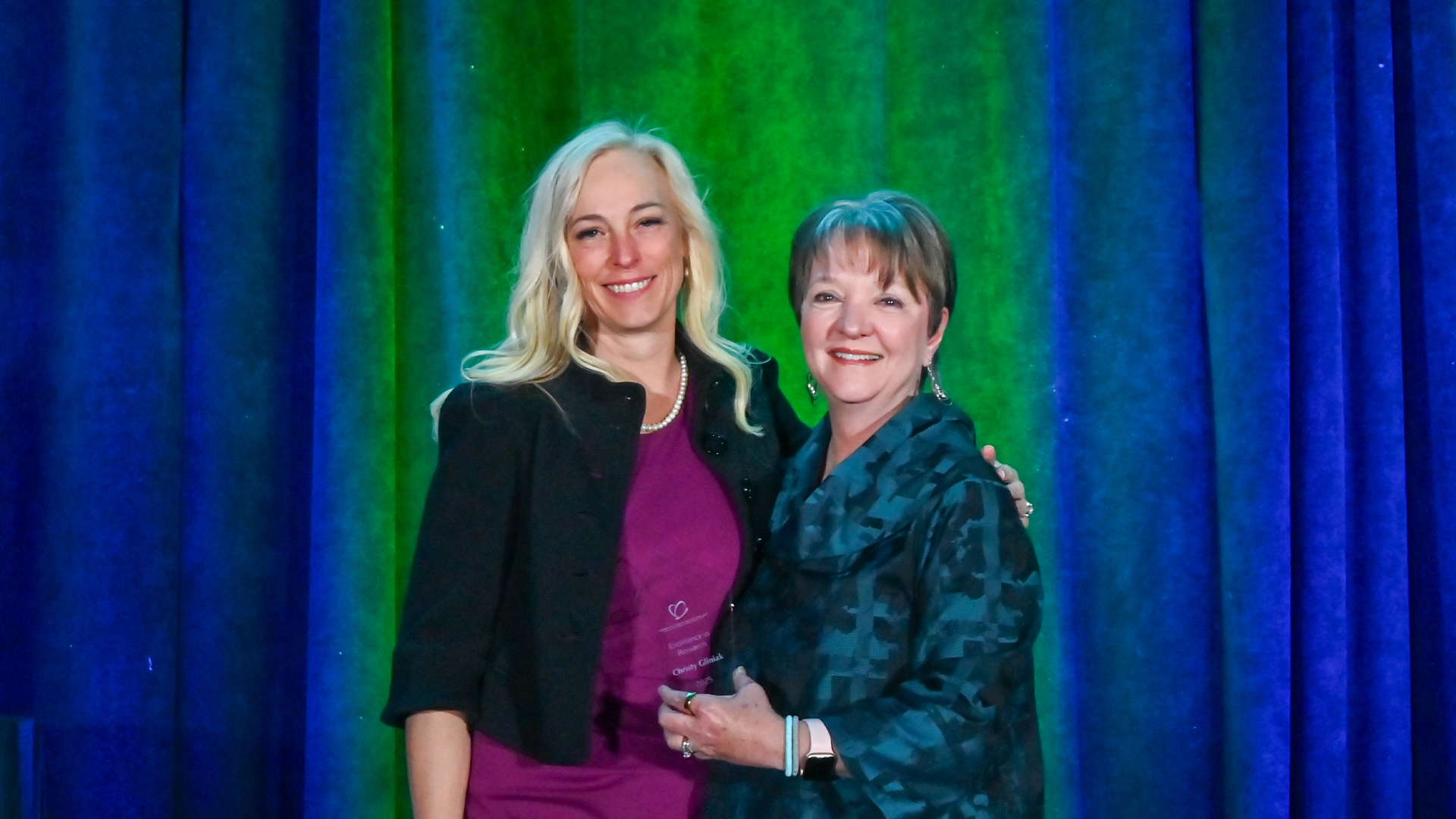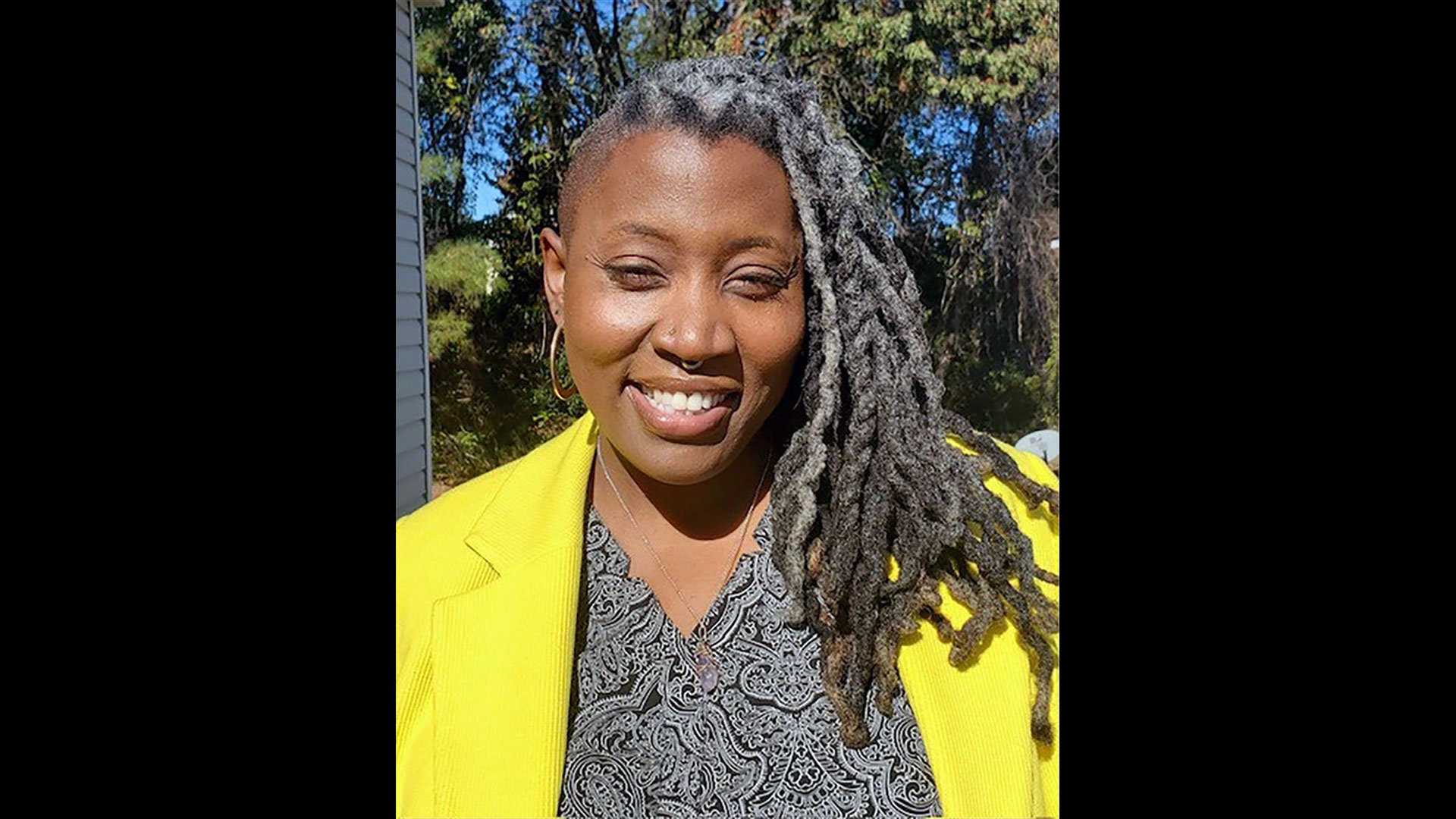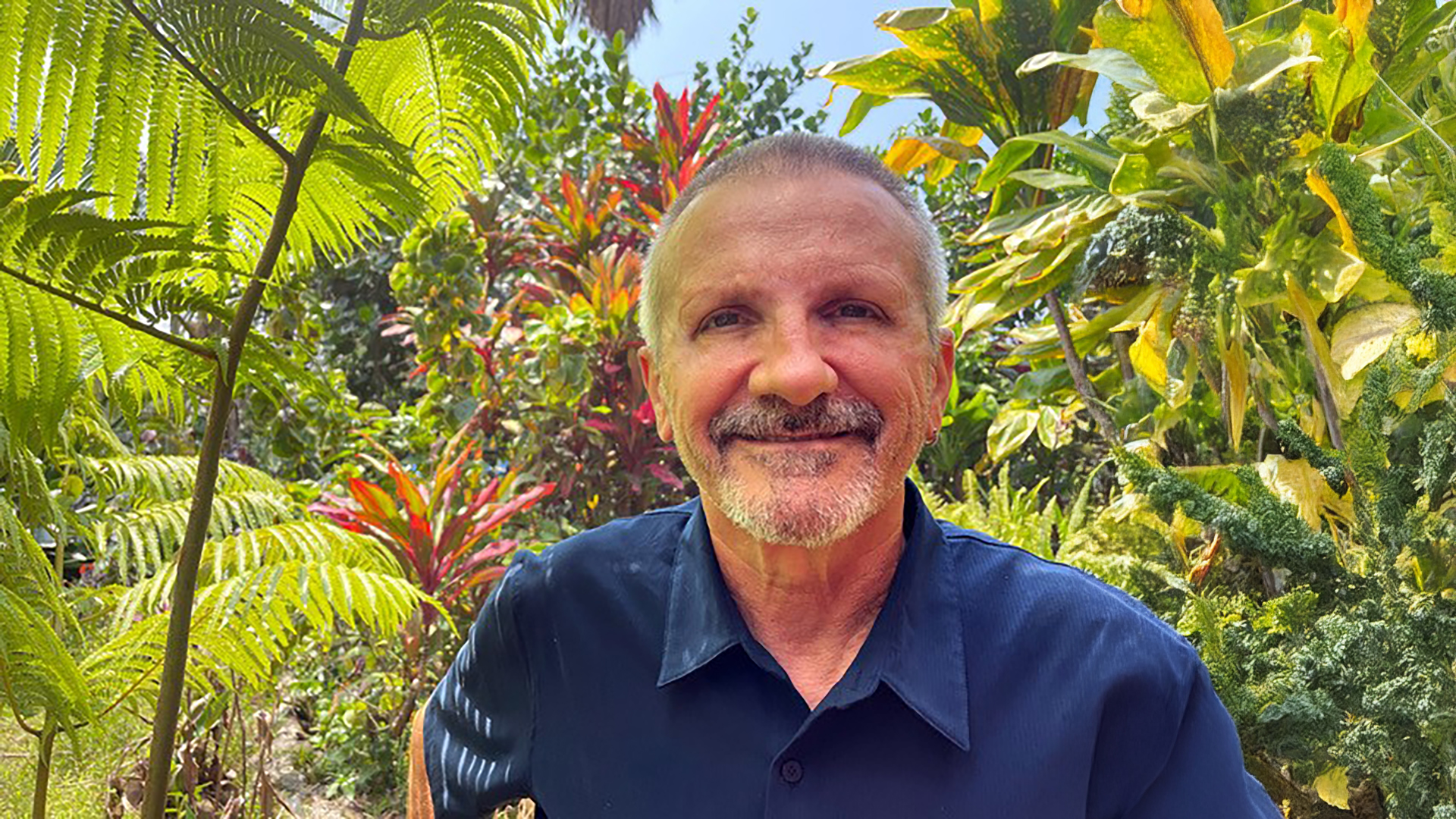There’s more to rapid AI advancements than just fear and loathing.
KEY POINTS
- People should consider both valid concerns about ChatGPT and its potential to help people work smarter and achieve better results.
- ChatGPT can help creators use more of their energy on the highest levels of their work, leading to advancements.
- ChatGPT and other AI are not soulless. Human beings create and develop AI, so “artificial” intelligence is based on human achievement.
Lately, many of the biggest technology news stories center around the use of artificial intelligence, particularly ChatGPT. Headlines and social media discussions tend to focus on fears people have about the rapid evolution of ChatGPT and the extraordinary and unexpected things it can do. If you are a parent or teacher, you’ve no doubt heard about the difficulties with students using ChatGPT to cheat on homework, for example.
What ChatGPT and Other Newer AI Can Do
Beyond writing essays, AI can imitate the voice of your favorite singer and create recordings of them performing songs they’ve never actually sung. You can ask ChatGPT to write a novel in the style of a famous author who is no longer living. You can even choose details like the name of the main character, the setting, and details of the plot. Thus, ChatGPT can generate artistic and literary creations that never could have existed without this technology.

source: DALL-E (with paid service)
I asked the artistic AI DALL-E to produce a Mandala in the style of Monet using greens, blues and oranges. Here is the result.
What Scares Us
At the center of the fear and loathing of ChatGPT and other AI is the idea that we are uncomfortable with a technology that could potentially “replace” human beings, especially when what the robot in question is replacing is an artist, writer, or singer. While we may be okay with robots building cars or doing dangerous jobs, we are really not okay with robots who can paint like Van Gogh, sing like Rhianna, or write poetry like Shakespeare. One of the main reasons seems to be that we believe that such artistic and literary endeavors are some of the things that make humans special. If a robot can do it just as well, maybe people aren’t as special as we’d hoped.
I admit that I feel bewildered about these particular feelings. It’s not that I don’t understand at all; it’s more that I think some of us might be missing something important. Before going further, I need to acknowledge that some fears we have are very understandable. For example, we need to be able to make a living, and the idea that we’ll become unneeded in the workforce is grounded in the legitimate fear of losing our livelihood. A teacher might fear that her students will use ChatGPT to write their essays and thus never learn to write properly.
Tools, Including AI Tools, Are Made to Assist Humans
One thing we might be missing is that these rapid advances in creativity-related artificial intelligence offer us tools that help us advance in our own work. Rather than threatening to replace us, another way to look at it is that tools can do some of our work for us, which allows us to concentrate on advancements in our field.
One analogy is to that of simple tools. We used to use hand saws to cut wood and build buildings. Then we created power saws that were more accurate and got much more work done faster than a person could possibly do without the technology. This allowed us to build faster and better. It wasn’t a negation of human strength; it was a triumph of human ingenuity.
Would AI Take My Job?
Let’s think of something in the creative/literary realm. Take my own job—I’m a research psychologist, author, and professor. When I sit down to write a research paper, I go through a process that involves searching for scientific papers on my subject, reading them, thinking, and formulating an argument for new research. Then I do that research and report what happened.
What if I could use AI to perform some of my more mundane tasks? Actually, researchers and scholars have been using simpler forms of AI such as electronic search engines for many years. It’s possible that advances in AI could take away some of my search and organization work and give me more time to think smarter. Finding the right articles and processing them in order to dig out the most relevant information is a tedious, exhausting, and time-consuming process. If AI could cut out some of the more mundane parts of this process, it would leave me more time and energy to think at a higher level and create ideas for studies that would help people. Machines do some tasks faster and with fewer mistakes. I don’t take offense at that. I also don’t think it makes me useless.
Making Research More Precise and Useful
Research on topics such as misinformation and conspiracy thinking has implications for our national defense and beyond. When it comes to topics like these, we need answers and we need them yesterday. If AI could cut out some of the distractions and energy consumption from the process, we’d be left with just the meaty research findings. We’d be left to use our energy and talents on higher-level work. That could make a real difference in the quality and impact of the work.
Additionally, one of the jobs of researchers is to compare a great deal of different types of research outputs (differences in terminology and methods, for example) to figure out what to take away from the data we have. AI could wipe away the fog from the screen, if you will, and allow us to see what’s there more clearly.
Conclusion
The use of AI calls for serious consideration of potential problems. But we do not want to let fear keep us from having a clear vision of both the concerns and the real possibilities of AI. Finally, artificial intelligence, as we call it, is a somewhat misleading term because artificial intelligence could not exist without the intelligence of the human beings who create and develop it for our use.
This article was originally published on PsychologyToday.com.
Join Over 7,500 Fielding Alumni Located Around The World!
Change the world. Start with yours.™






Get Social